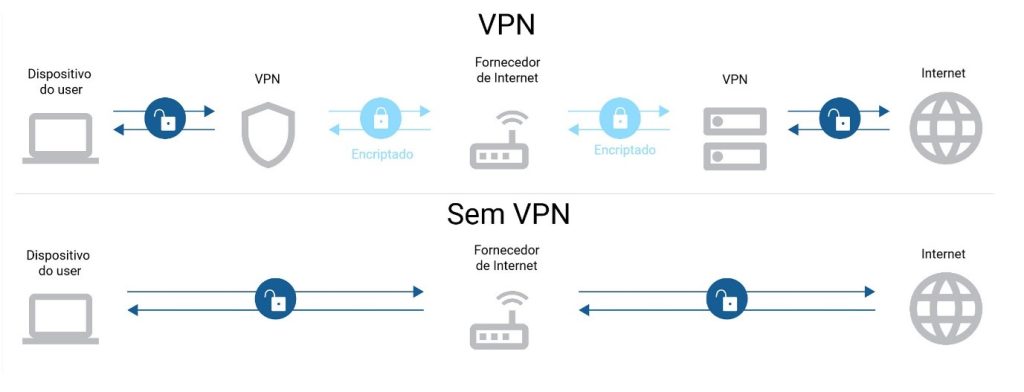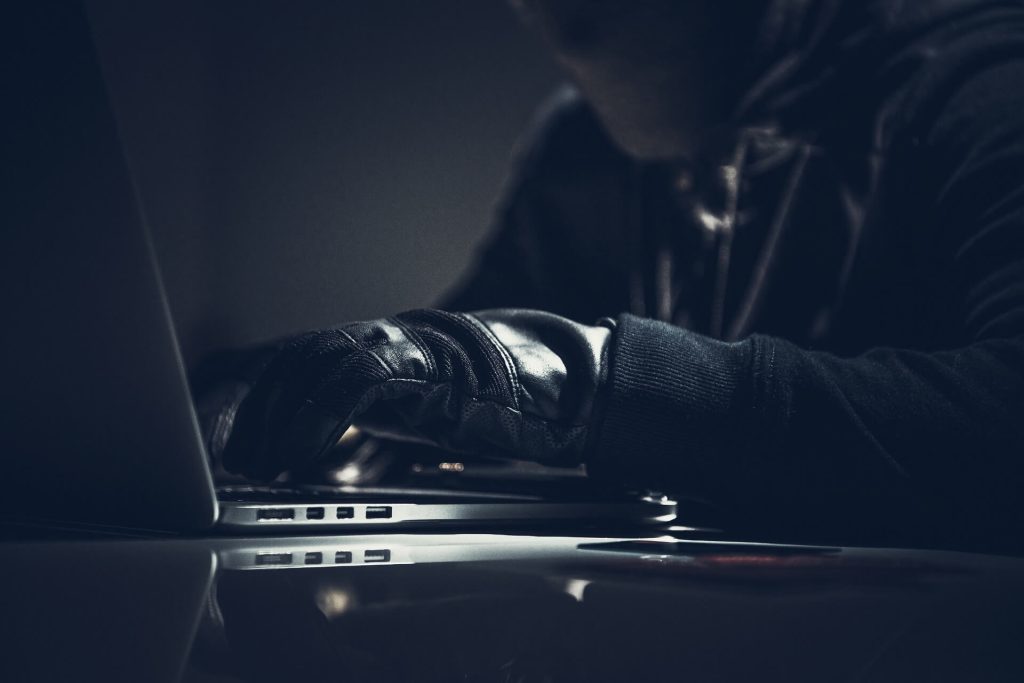With the increase in popularity of VPNs and strong marketing strategies pulling in the user. To be more conscious about online security and anonymity, a question arises: Are VPNs safe?
The short answer is: Yes! This if used correctly. But there are many pitfalls if you don’t understand what a VPN is and how it works, and you can see that the answer starts to get a little more complicated.
What are VPNs?
A VPN, Virtual Private Network, is a private internet network that bridges the gap between our computer and the servers, or websites, that we want to connect to such as Facebook, Instagram, google, etc. These networks are by default encrypted, meaning that if someone else’s identity tries to see what we are searching for, it will appear encrypted and make no sense.
VPNs also have the ability to hide our online ID, i.e. our IP, meaning that if I am connected to one and log into google’s website, google will not have my IP, but the IP of the VPN service.
Not only does it hide our identity from the sites we visit, but it also hides what sites we are looking at, but also from those who provide us with the internet like Vodafone, Nos, and Meo.
Perhaps the biggest advantage of using one is to simulate our location. If the service has several servers spread across several countries, it is possible to simulate that our location is in another country and be able to enjoy streaming services that are unavailable in Portugal. One notable case is using a VPN to access Netflix content from other regions.
This image may help you visualize how this connection is made.

So VPNs are always secure and you should always use them?
No, it is not always safe. Primeiro temos que confiar na VPN. There are several companies today that sell this service, as a rule these companies are trustworthy, since their success is our security and anonymity, however nothing guarantees that they can sell our data or that they have to conform to laws in certain countries that may require transparency from those who travel on the internet. But there are also free services and these should always be used with a lot of caution. You never know if any free service is fraudulent or malicious.
Second and more important, it is true that it hides our identity, but the moment we log into a site, the site immediately knows who we are, so the ability for anonymity disappears. You should also keep in mind that because of cookies and database sharing on some websites, when you log into one website, other websites will also know who you are. The main cases in point being Google, Youtube, Facebook, Instagram, TikTok, Amazon, among many more giants in the industry.
What if I want to use VPN in some programs and not in others?
It is possible, if the service has this function. Tunnelling allows the user to determine which programs or applications can pass through it.
Perhaps the biggest use will be to use the VPN only for browser and Netflix, while anything social networking will stay out of the VPN. This way you can better ensure your anonymity and security and avoid sharing your data between online companies.
Does the VPN protect me from viruses?
Mostly, no. By entering dubious websites or opening emails from unknown sources viruses are able to travel to your device freely without any restrictions. Given this, care must always be taken even when using it.
There are services that already have anti-virus and adblocker implemented, but these are not 100% effective, so you always have to be careful.
VPNs are a great tool of the digital age, but like any tool it can be very powerful or it can be used incorrectly and end up being harmful. If you are interested in using VPN it is recommended that you do some research on the quality of the service, the functions they have, the reviews from those who use or have used VPN.




